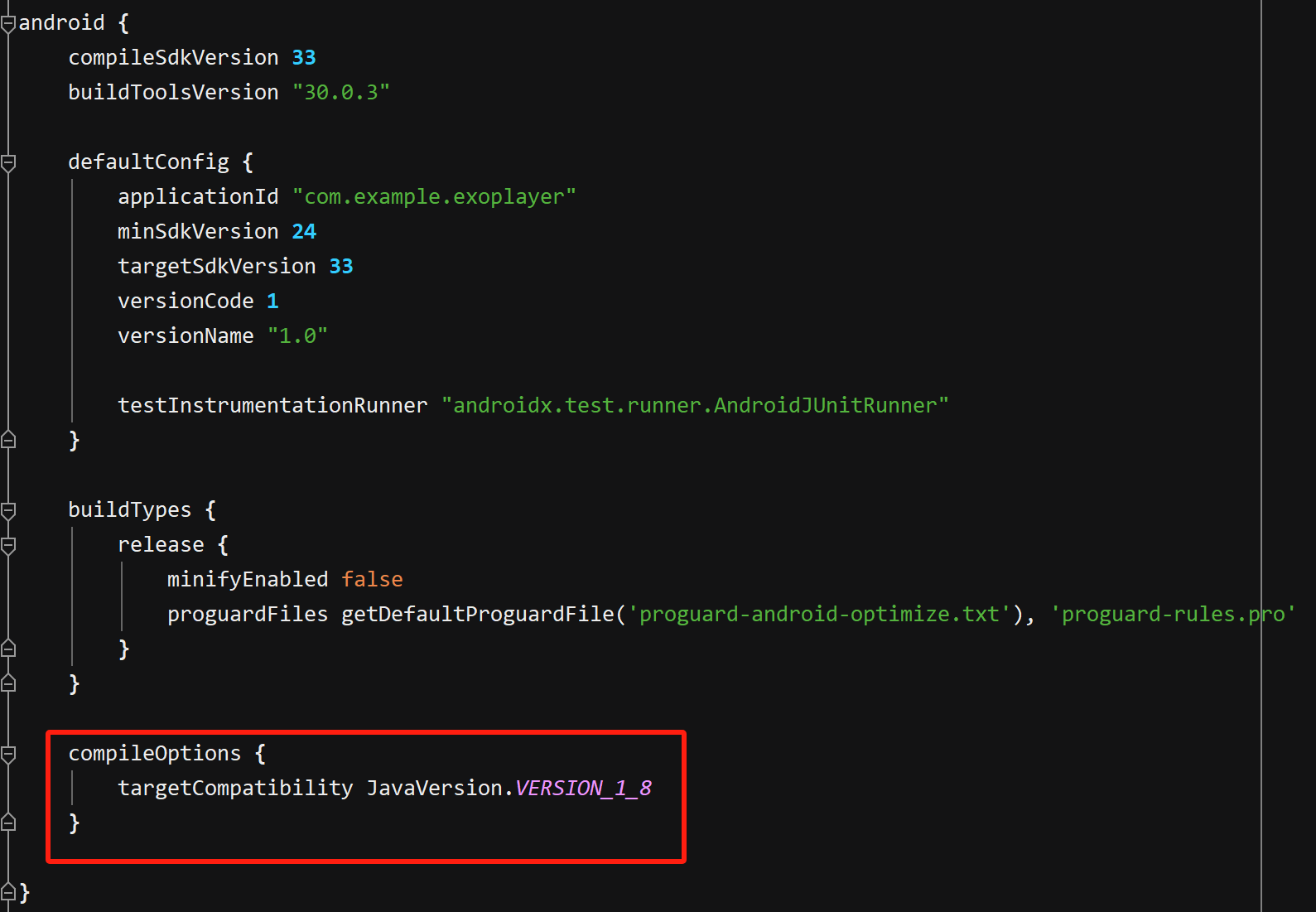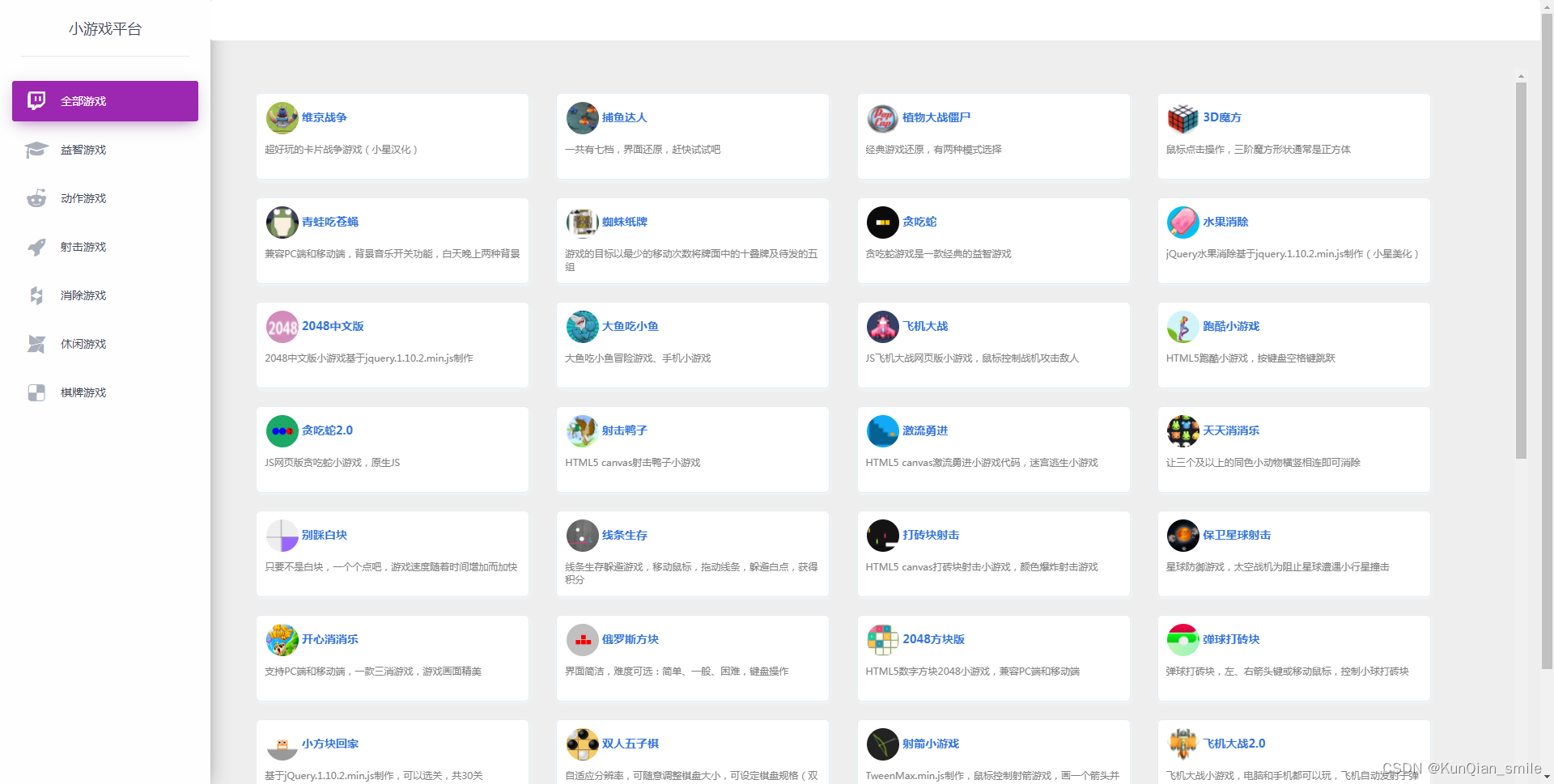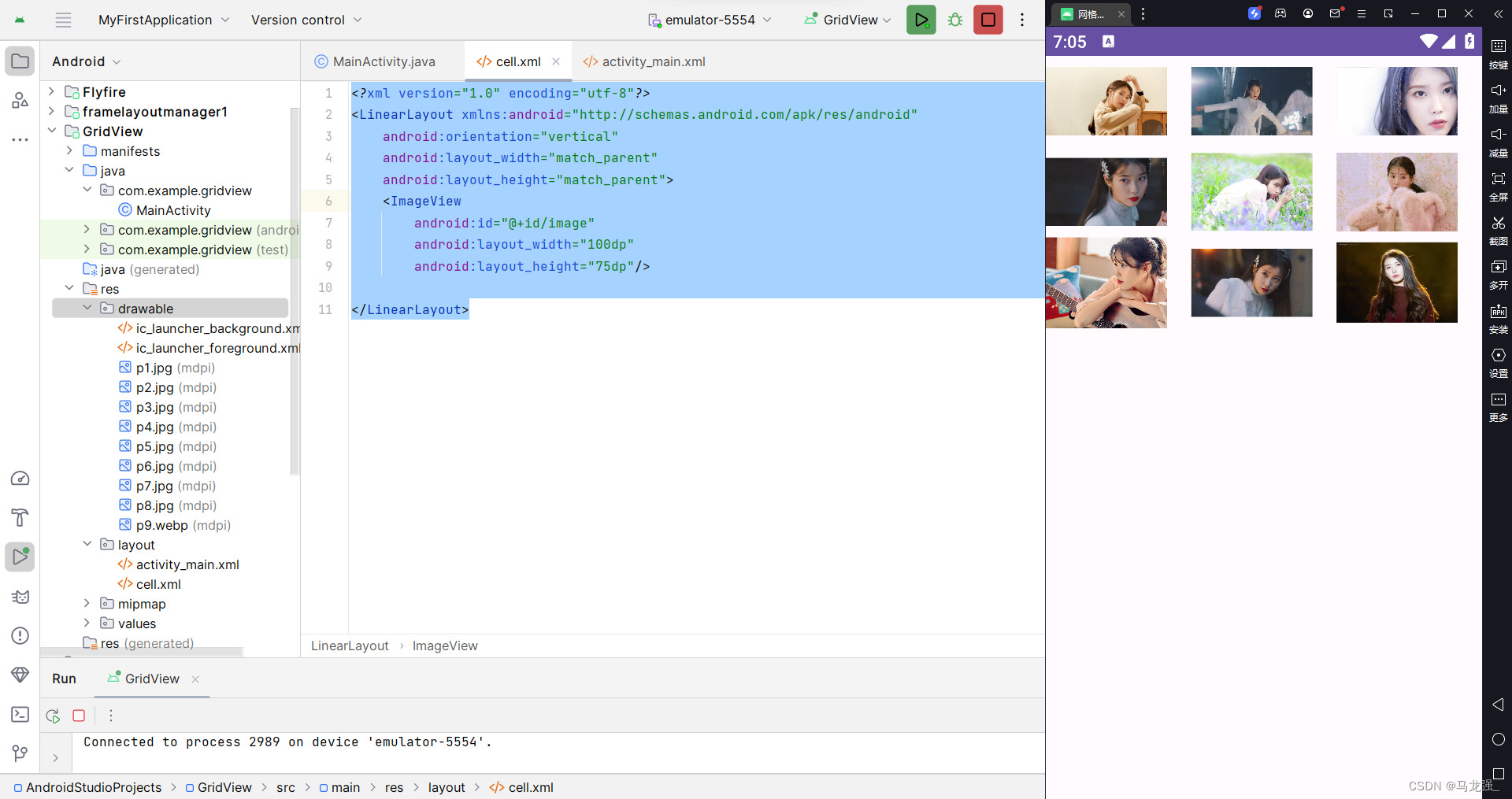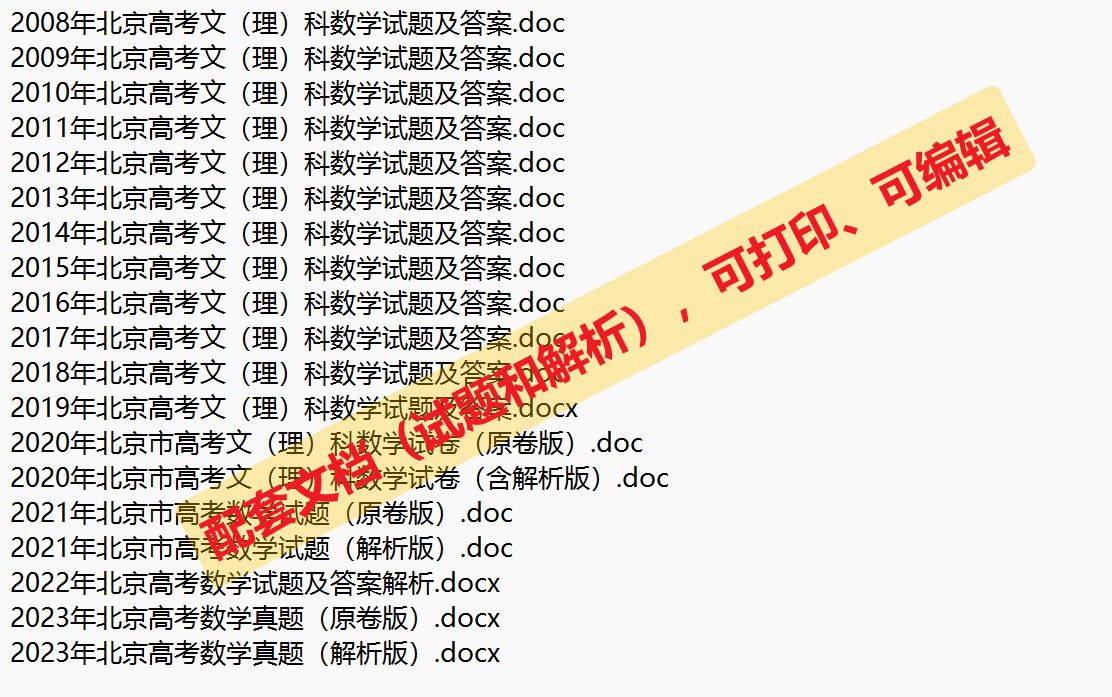路由 Predicate 工厂
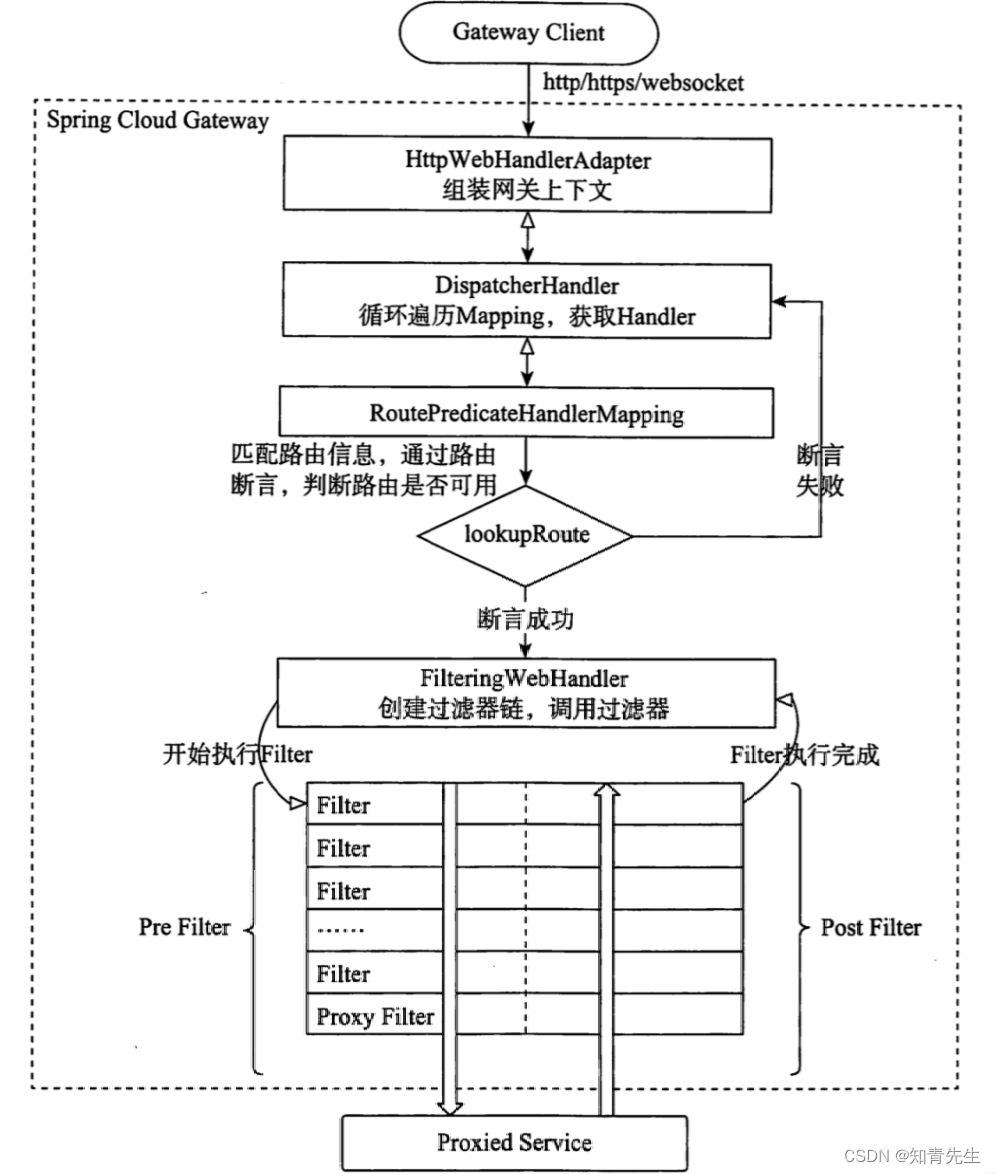
Spring Cloud Gateway 将路由作为 Spring WebFluxHandlerMapping基础设施的一部分进行匹配。Spring Cloud Gateway 包含许多内置的路由Predicate 工厂。所有这些谓词都匹配 HTTP 请求的不同属性。多个 Route Predicate Factory 可以组合,并通过逻辑组合and。
After Route Predicate Factory
After Route Predicate Factory 采用一个参数,即日期时间。此谓词匹配当前日期时间之后发生的请求。
例子:此路线匹配 2017 年 1 月 20 日 17:42 山地时间(丹佛)之后的任何请求。
spring:cloud:gateway:routes:- id: after_routeuri: https://example.orgpredicates:- After=2017-01-20T17:42:47.789-07:00[America/Denver]
Before Route Predicate Factory
Before Route Predicate Factory 采用一个参数,即日期时间。此谓词匹配当前日期时间之前发生的请求。
例子:此路线匹配 2017 年 1 月 20 日 17:42 山地时间(丹佛)之前的任何请求。
spring:cloud:gateway:routes:- id: before_routeuri: https://example.orgpredicates:- Before=2017-01-20T17:42:47.789-07:00[America/Denver]
Between Route Predicate Factory
Between Route Predicate Factory 采用两个参数:datetime1 和 datetime2。此谓词匹配在 datetime1 之后和 datetime2 之前发生的请求。datetime2 参数必须位于 datetime1 之后。
例子:此路线匹配 2017 年 1 月 20 日 17:42 山地时间(丹佛)之后和 2017 年 1 月 21 日 17:42 山地时间(丹佛)之前的任何请求。这对于维护窗口可能很有用。
spring:cloud:gateway:routes:- id: between_routeuri: https://example.orgpredicates:- Between=2017-01-20T17:42:47.789-07:00[America/Denver], 2017-01-21T17:42:47.789-07:00[America/Denver]
Cookie Route Predicate Factory
Cookie 路由谓词工厂采用两个参数:cookie 名称和正则表达式。此谓词匹配具有给定名称且值与正则表达式匹配的 cookie。
例子:该路由匹配请求有一个名为chocolatewho 的值与ch.p正则表达式匹配的 cookie。
spring:cloud:gateway:routes:- id: cookie_routeuri: https://example.orgpredicates:- Cookie=chocolate, ch.p
Header Route Predicate Factory
标头路由谓词工厂采用两个参数:标头名称和正则表达式。此谓词与具有给定名称且值与正则表达式匹配的标头匹配。
例子:如果请求具有名为X-Request-Idwhos 值与\d+正则表达式匹配的标头(具有一位或多位数字的值),则此路由匹配。
spring:cloud:gateway:routes:- id: header_routeuri: https://example.orgpredicates:- Header=X-Request-Id, \d+
Host Route Predicate Factory
主机路由谓词工厂采用一个参数:主机名模式列表。该模式是一个 Ant 风格模式,以.分隔符作为分隔符。该谓词匹配Host与模式匹配的标头。
例子:还支持 URI 模板变量,例如{sub}.myhost.org.
如果请求的Host标头值为www.somehost.orgorbeta.somehost.org或,则此路由将匹配www.anotherhost.org。
该谓词提取 URI 模板变量(如上sub例中定义的)作为名称和值的映射,并将其放置在 中,ServerWebExchange.getAttributes()并使用 中定义的键ServerWebExchangeUtils.URI_TEMPLATE_VARIABLES_ATTRIBUTE。这些值随后可供GatewayFilter Factory使用
spring:cloud:gateway:routes:- id: header_routeuri: https://example.orgpredicates:- Header=X-Request-Id, \d+
Method Route Predicate Factory
方法路由谓词工厂采用一个参数:要匹配的 HTTP 方法。
例子:如果请求方法是 ,则该路由将匹配GET。
spring:cloud:gateway:routes:- id: method_routeuri: https://example.orgpredicates:- Method=GET
Path Route Predicate Factory
路径路由谓词工厂采用两个参数:Spring 模式列表PathMatcher和可选标志matchOptionalTrailingSeparator。
例子:如果请求路径是,例如:/foo/1or /foo/baror ,则该路由将匹配/bar/baz。
该谓词提取 URI 模板变量(如上segment例中定义的)作为名称和值的映射,并将其放置在 中,ServerWebExchange.getAttributes()并使用 中定义的键ServerWebExchangeUtils.URI_TEMPLATE_VARIABLES_ATTRIBUTE。这些值随后可供GatewayFilter Factory使用
spring:cloud:gateway:routes:- id: host_routeuri: https://example.orgpredicates:- Path=/foo/{segment},/bar/{segment}
Query Route Predicate Factory
查询路由谓词工厂采用两个参数:必需的param和可选的regexp。
例子:如果请求包含baz查询参数,则该路由将匹配。
spring:cloud:gateway:routes:- id: query_routeuri: https://example.orgpredicates:- Query=bazRemoteAddr Route Predicate Factory
RemoteAddr 路由谓词工厂采用 CIDR 表示法(IPv4 或 IPv6)字符串的列表(最小大小为 1),例如192.168.0.1/16(其中192.168.0.1是 IP 地址,16是子网掩码)。
例子:如果请求的远程地址是 ,则该路由将匹配192.168.1.10
spring:cloud:gateway:routes:- id: remoteaddr_routeuri: https://example.orgpredicates:- RemoteAddr=192.168.1.1/24
Modifying the way remote addresses are resolved
默认情况下,RemoteAddr 路由谓词工厂使用传入请求中的远程地址。如果 Spring Cloud Gateway 位于代理层后面,这可能与实际的客户端 IP 地址不匹配。
您可以通过设置自定义来自定义远程地址的解析方式RemoteAddressResolver。Spring Cloud Gateway 附带一个非默认远程地址解析器,该解析器基于X-Forwarded-For 标头, XForwardedRemoteAddressResolver。
XForwardedRemoteAddressResolver有两个静态构造函数方法,它们采用不同的安全方法:
XForwardedRemoteAddressResolver::trustAll返回 a RemoteAddressResolver,它始终采用标头中找到的第一个 IP 地址X-Forwarded-For。X-Forwarded-For这种方法很容易受到欺骗,因为恶意客户端可以设置解析器接受的初始值。
XForwardedRemoteAddressResolver::maxTrustedIndex采用与 Spring Cloud Gateway 前面运行的可信基础设施数量相关的索引。例如,如果 Spring Cloud Gateway 只能通过 HAProxy 访问,则应使用值 1。如果在访问 Spring Cloud Gateway 之前需要可信基础设施的两跳,则应使用值 2。
给定下面的header值:
X-Forwarded-For: 0.0.0.1, 0.0.0.2, 0.0.0.3
使用Java配置:
RemoteAddressResolver resolver = XForwardedRemoteAddressResolver.maxTrustedIndex(1);....route("direct-route",r -> r.remoteAddr("10.1.1.1", "10.10.1.1/24").uri("https://downstream1")
.route("proxied-route",r -> r.remoteAddr(resolver, "10.10.1.1", "10.10.1.1/24").uri("https://downstream2")
)
![[项目设计] 从零实现的高并发内存池(四)](https://img-blog.csdnimg.cn/c446ebae288e480d84f5d14d494c88bb.gif)
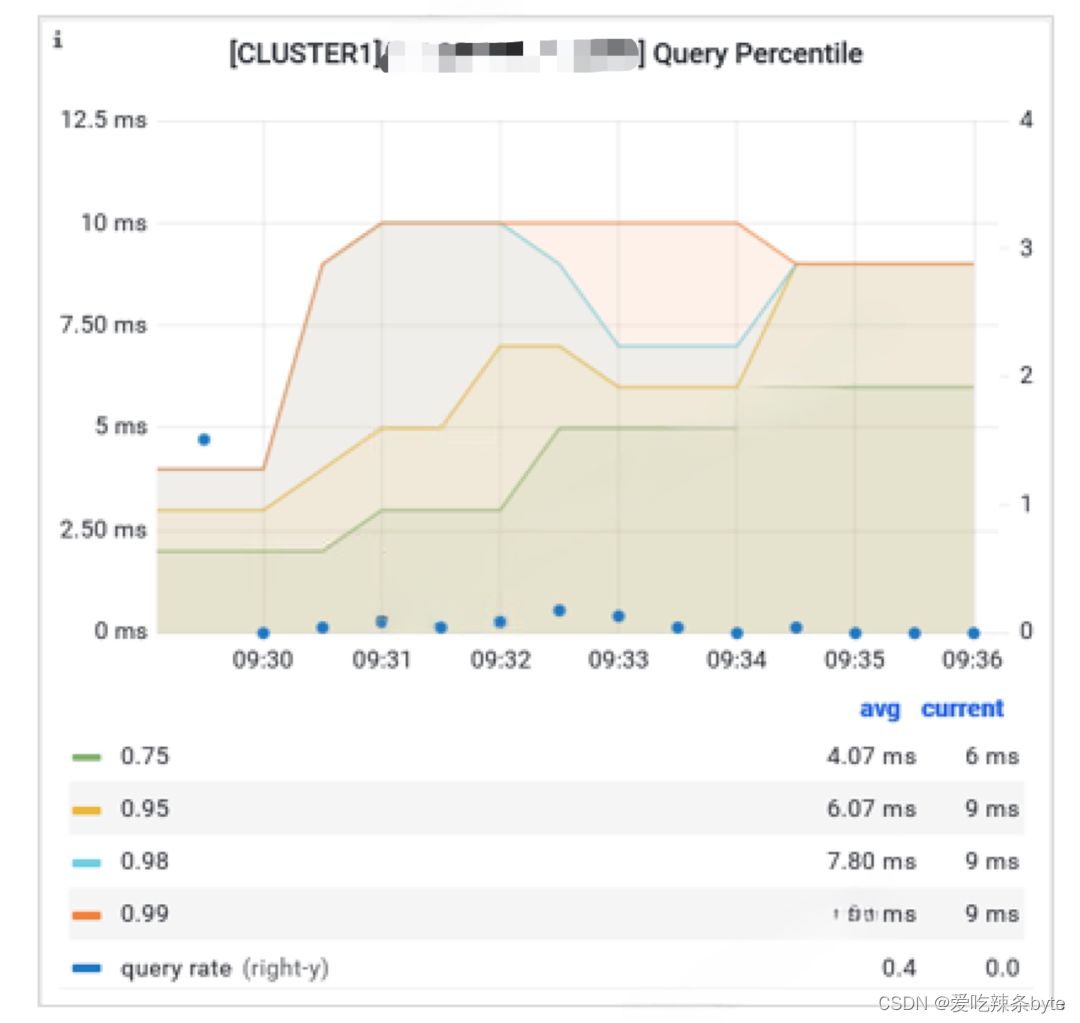
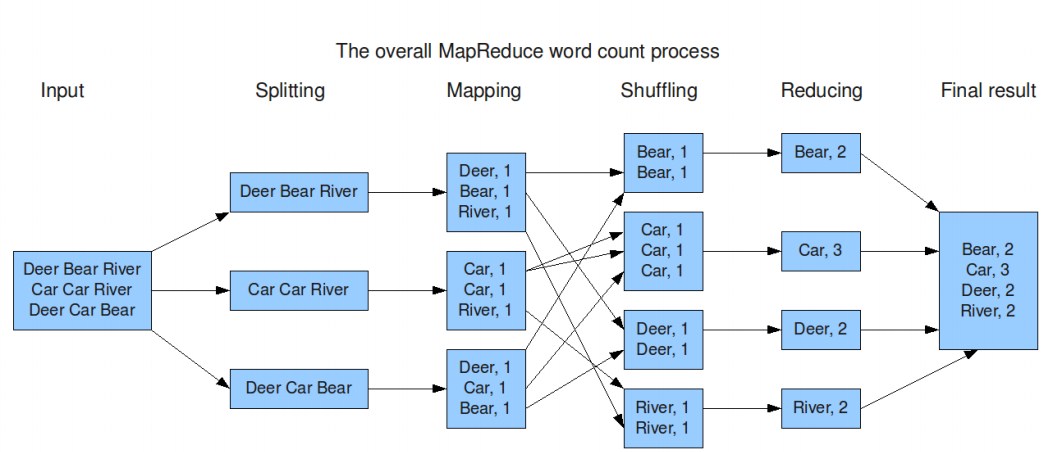
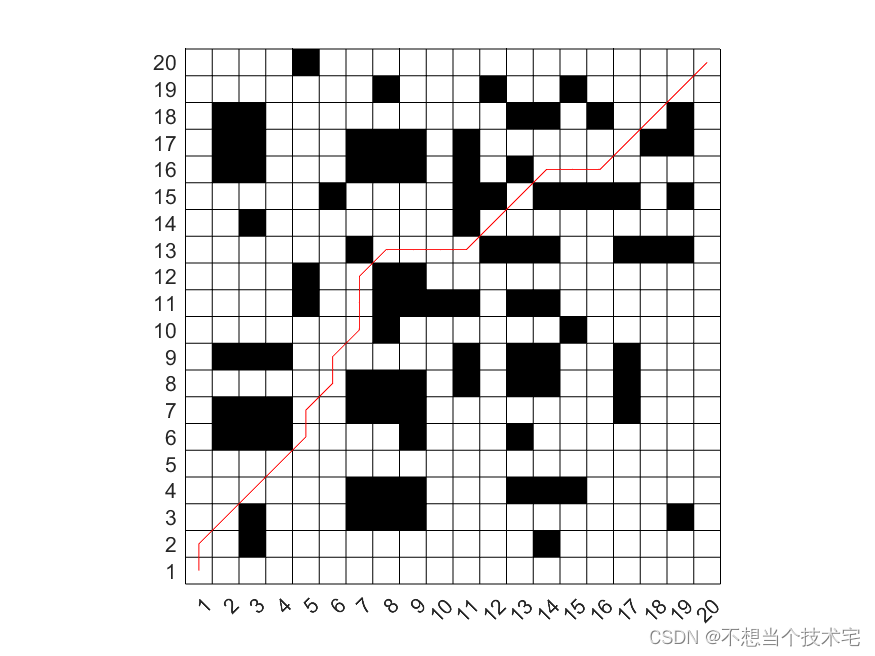

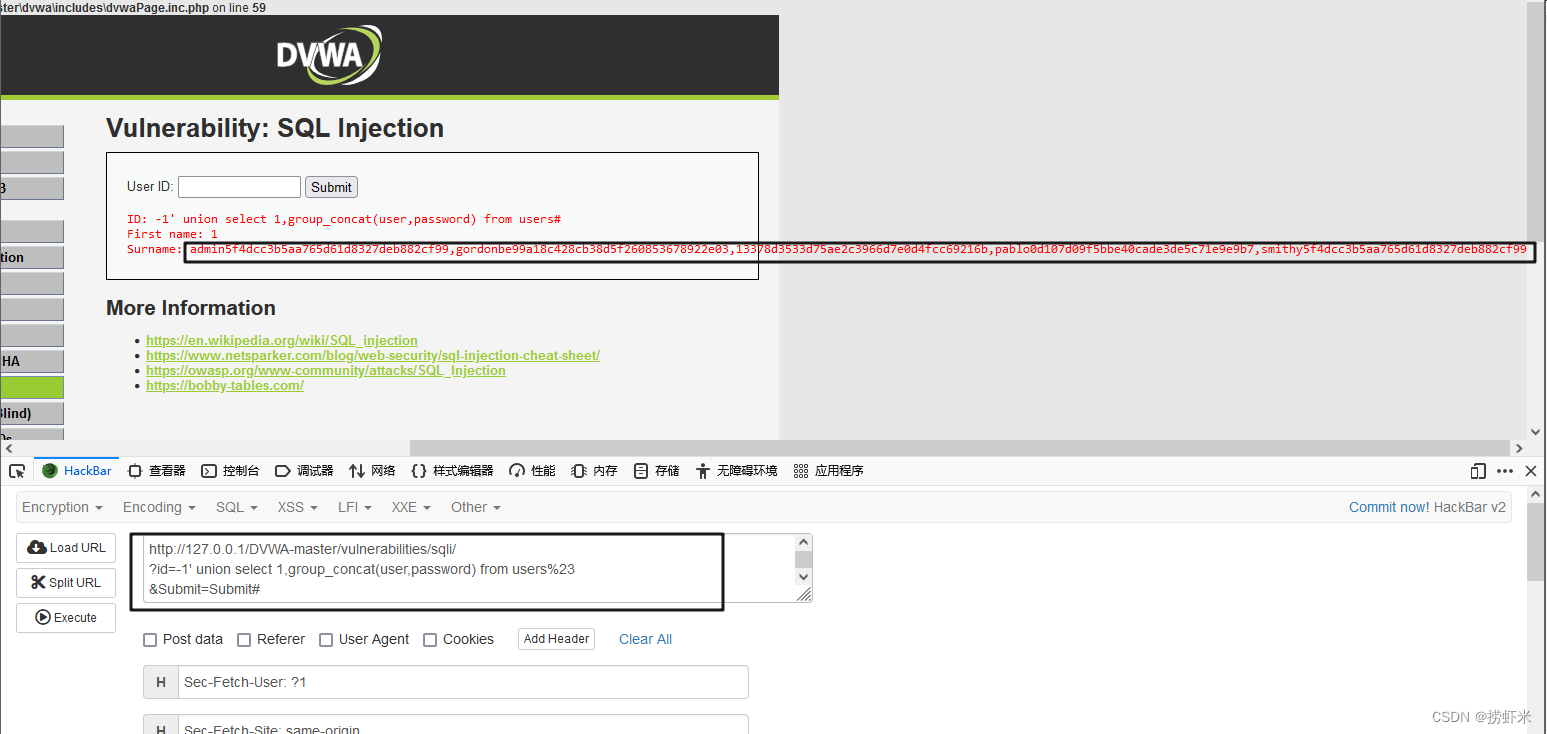

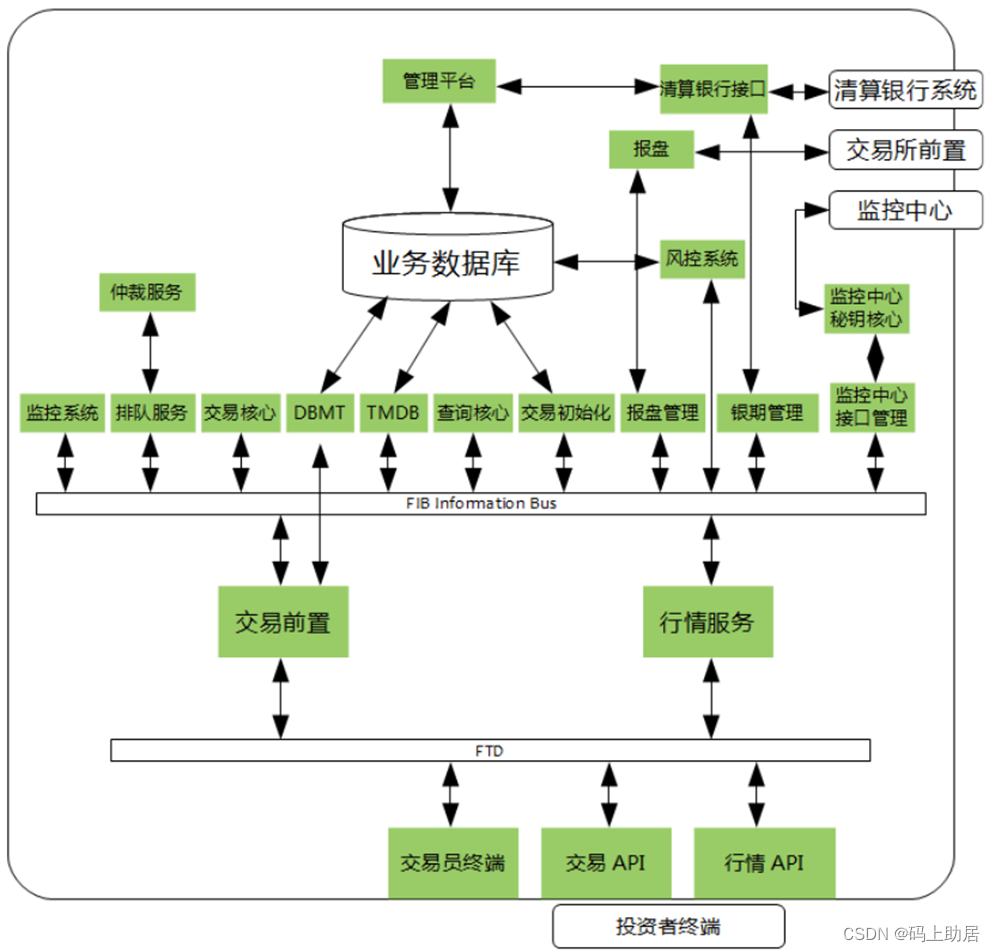
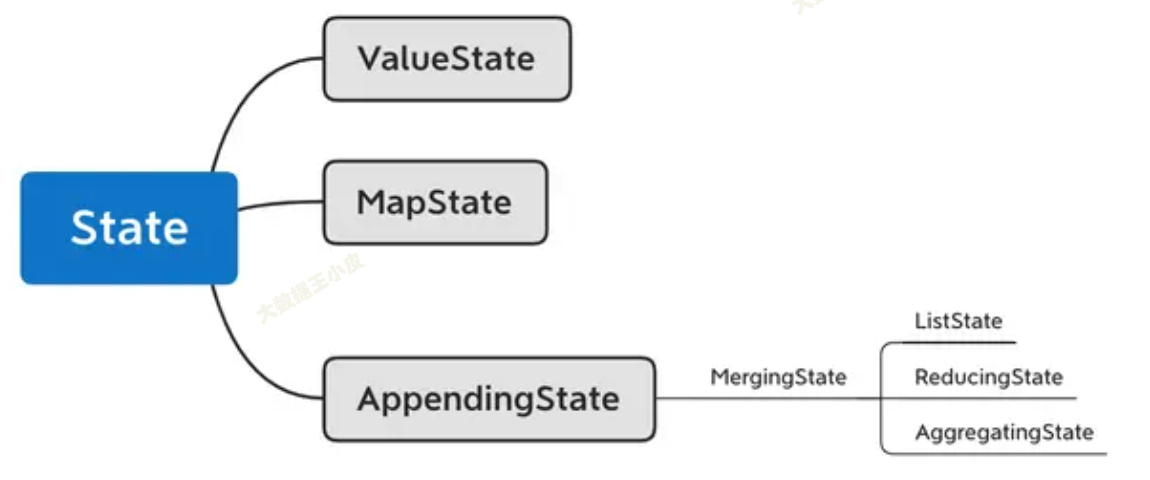

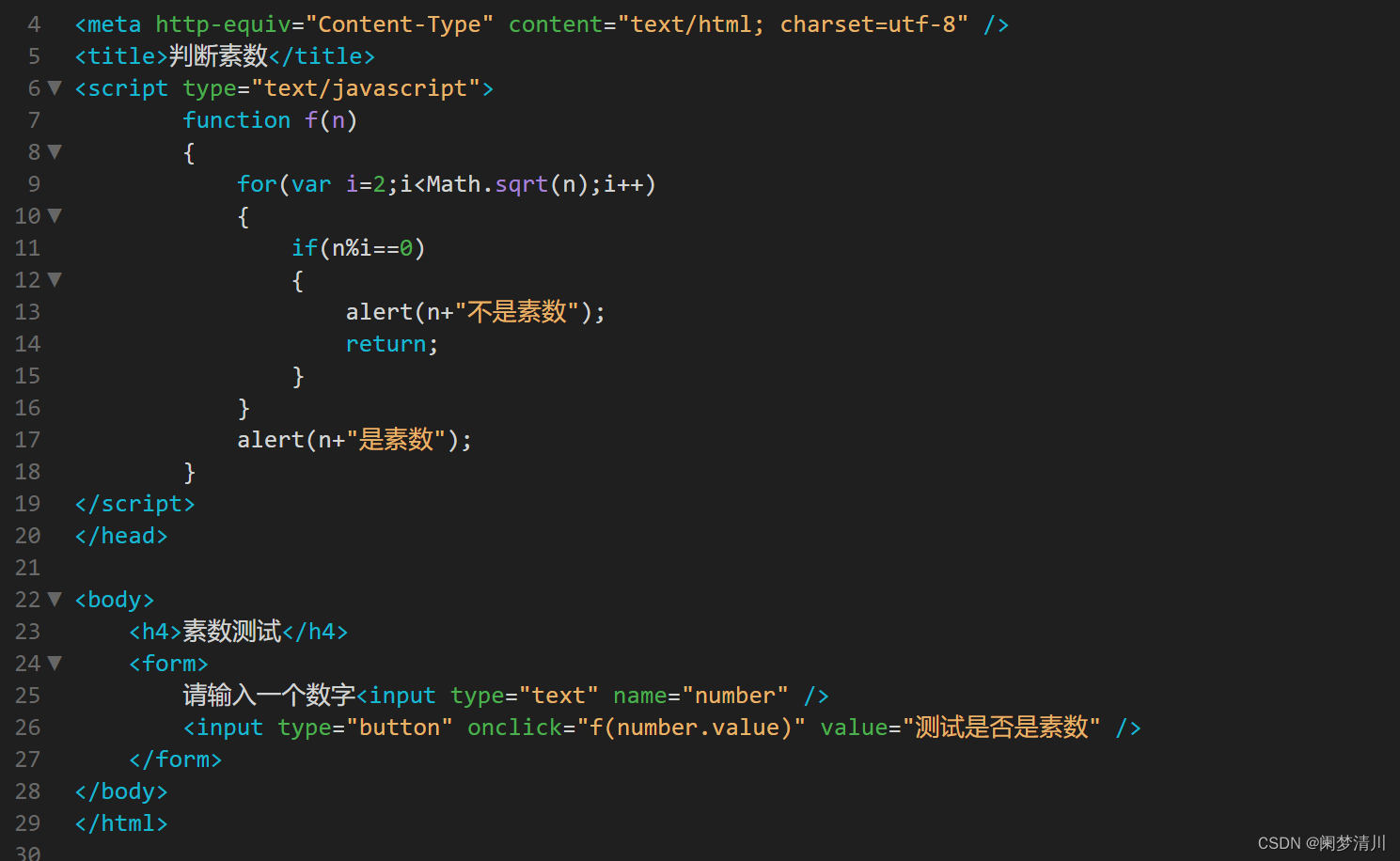

![[云原生] K8s之pod控制器详解](https://img-blog.csdnimg.cn/direct/140b5e8f5ada48bd844a0f7d1ed95e0c.png)


